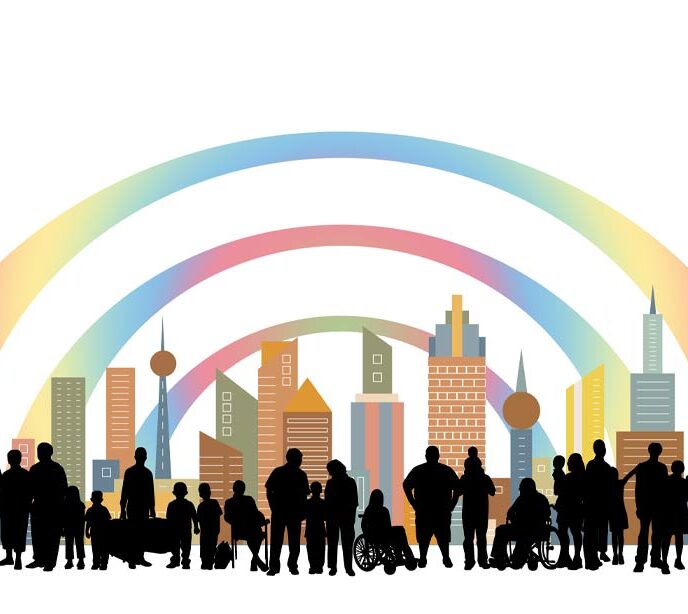Find an Autism Center Near You – Ages and Locations
Where to Find our Centers, and Which Age Groups they Serve
No matter which LAC center you walk into, you will receive the same Lighthouse experience: Highly qualified therapists, one-on-one care, beautifully decorated, clean and safe centers, toys for all ages, and a warm and welcoming center. While the centers are similar in many ways, one way the centers differ is in the age groups they serve.

Mishawaka: Mishawaka is the only location that currently has two centers. The first center serves children from birth to five years of age and largely focuses on preparing children for school. The second location focuses on serving children from six to eleven years old (and sometimes older) and involves working on school skills as well as early life skills.
Plymouth: The Plymouth center serves the widest age range of children from two years old to sixteen years old. As a result, there are a wide variety of skills incorporated into therapy at this location depending on the child’s age and skill set.
Warsaw: In Warsaw, the center mainly serves children two to twelve years of age and focuses both on skills used to transition children back to school as well as some early-life skills.
Portage, Michigan: Similar to the Warsaw center, the LAC in Portage also serves children two to twelve years of age and focuses both on school skills as well as early-life skills.
While each center has a primary age group they serve, it’s important to remember that therapy is tailored to your child’s skills and needs and will always be unique to your child in order to help them reach their fullest potential.
Find a Center Near You
Interested in finding an autism center near you? Click Find a Center below to view a full list of current autism therapy centers.
Related News

06/11/2025
Overcoming Stereotypes
Autism stereotypes are common and can have significant social consequences for autistic children. Misconceptions hinder the acceptance and inclusion of autistic children. Challenging these stereotypes is vital for creating a more understanding and supportive society. Challenging Common Autism Stereotypes When people hear the word “autism,” they often imagine a narrow set of images, like the […]

06/11/2025
What’s Next After ABA Therapy?
There are a number of reasons why an autistic child might stop ABA therapy, and one is that they have reached their goals. In this article, we take a look at what parents can expect going forward. What Are the Next Steps After ABA Therapy? As a parent, you only want what’s best for your […]

06/11/2025
Do Babies with Autism Smile?
We take a look at the importance of early intervention, some of the milestones for parents to look out for, and the more common signs of autism in babies. Do Babies with Autism Smile? Watching your baby grow is an exciting time, certainly one of life’s quiet wonders. From those first sleepy stretches to the […]


